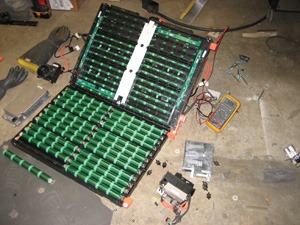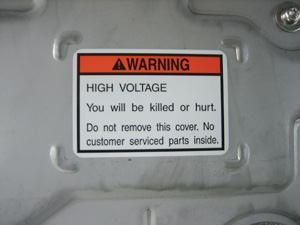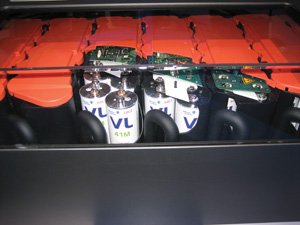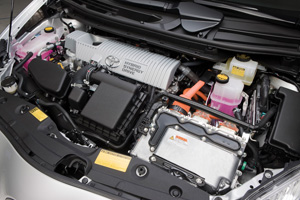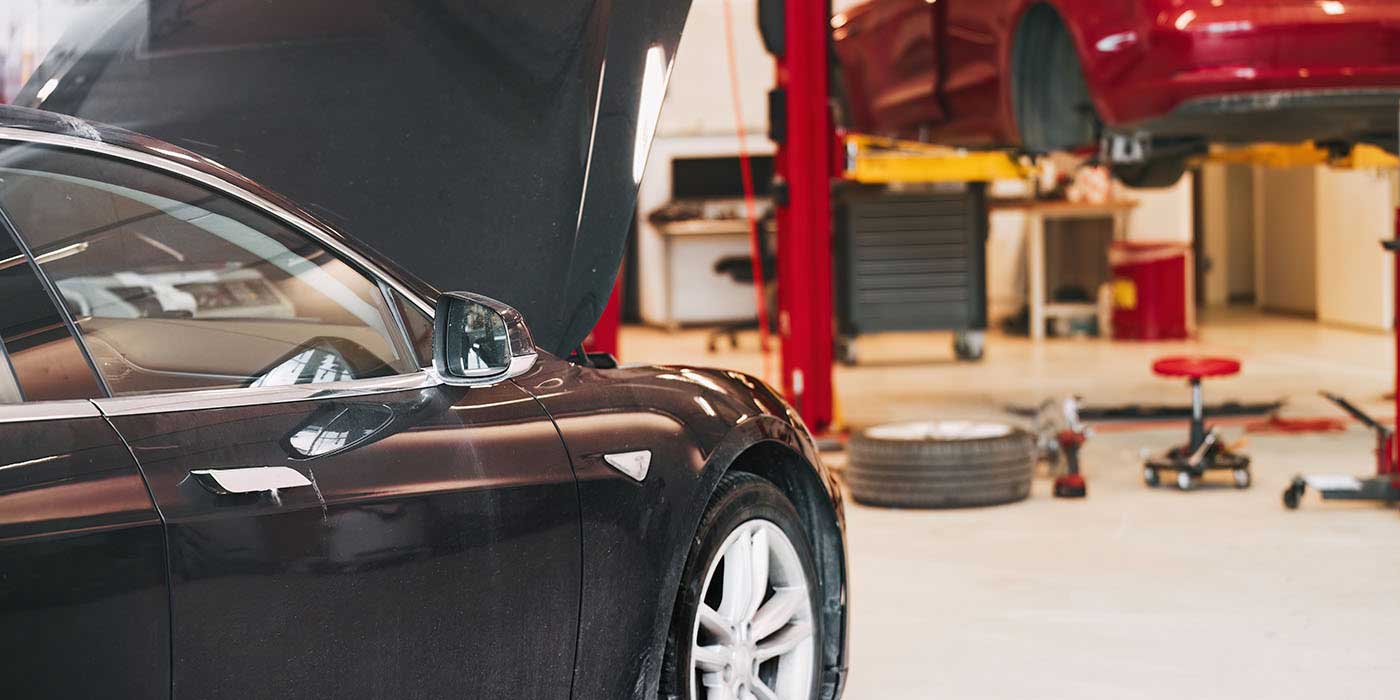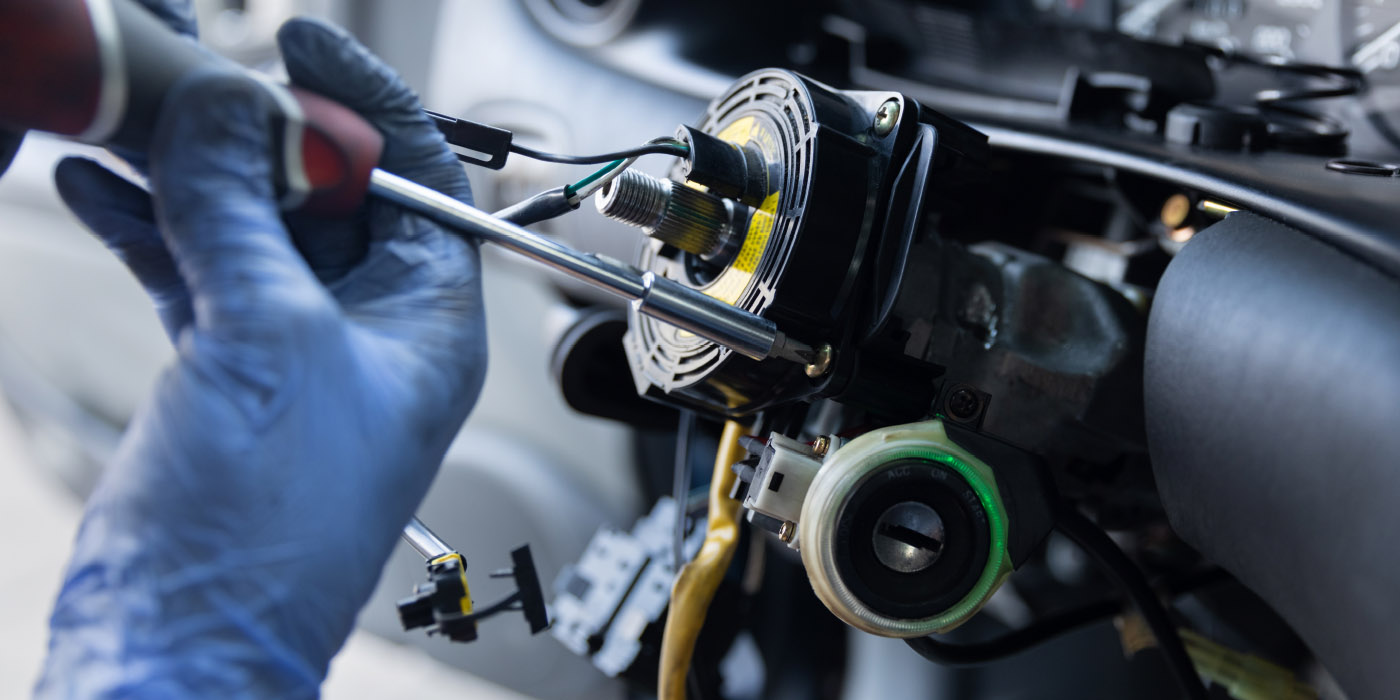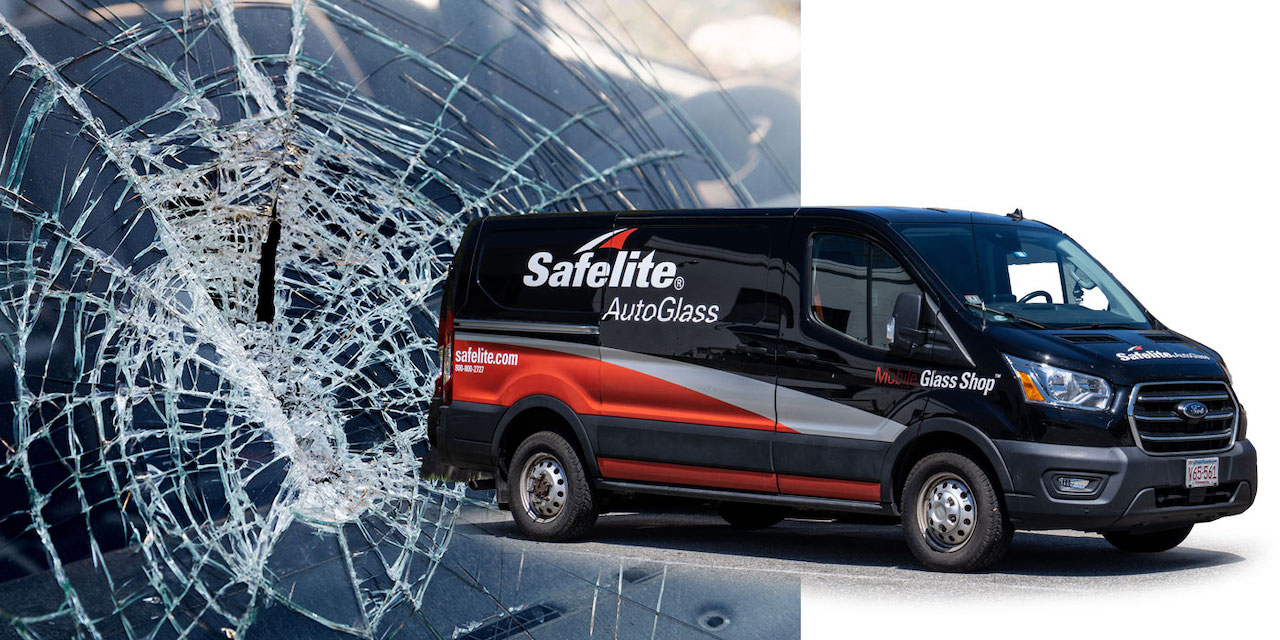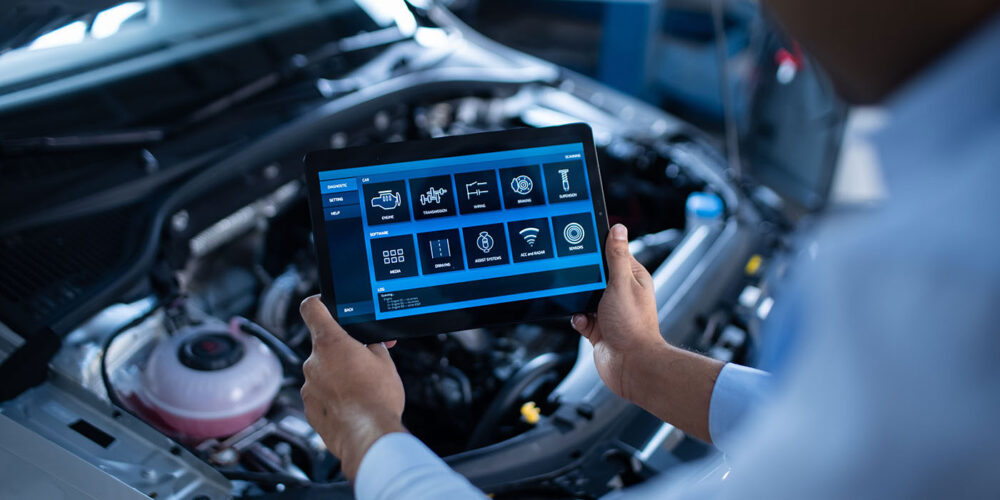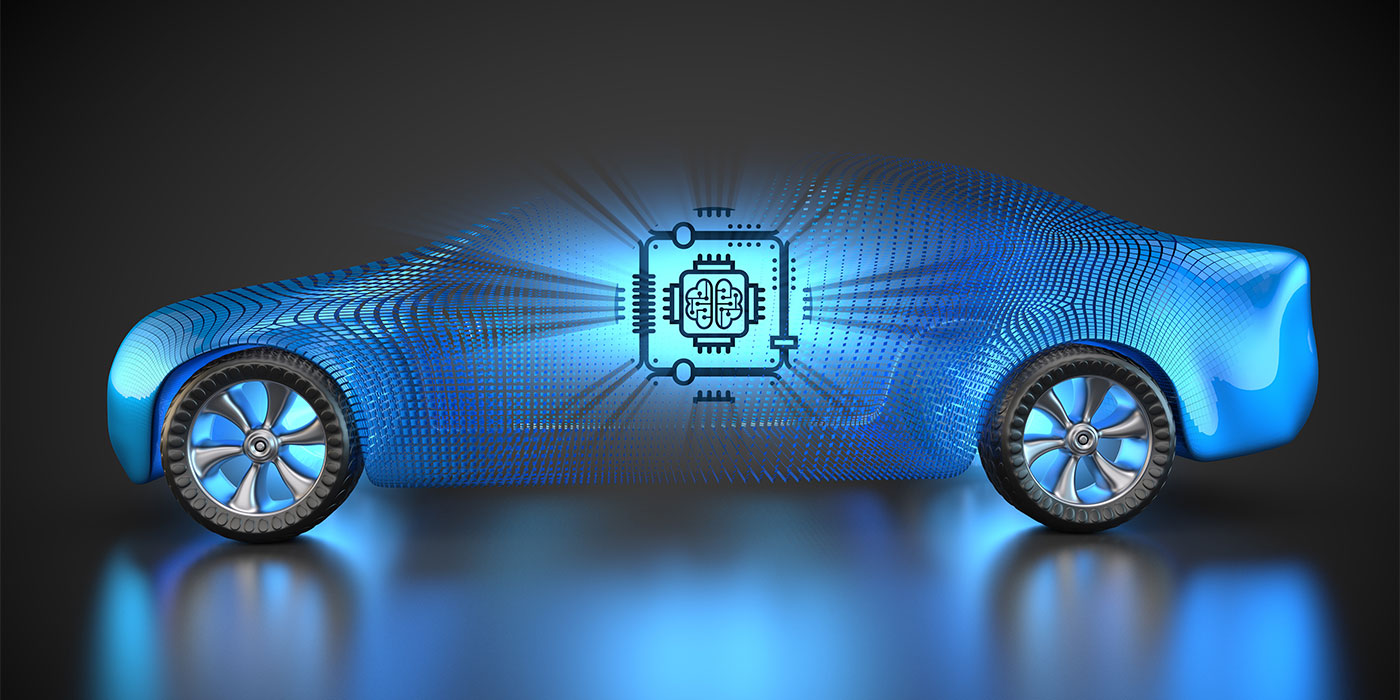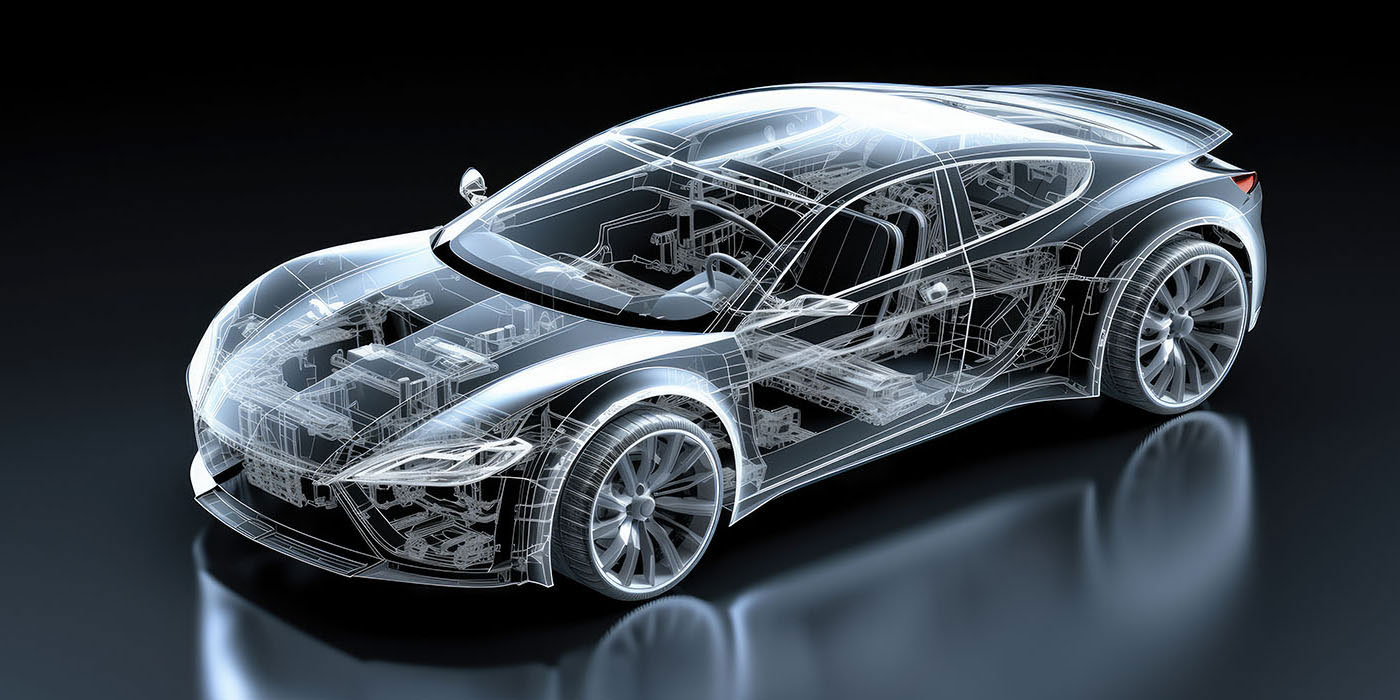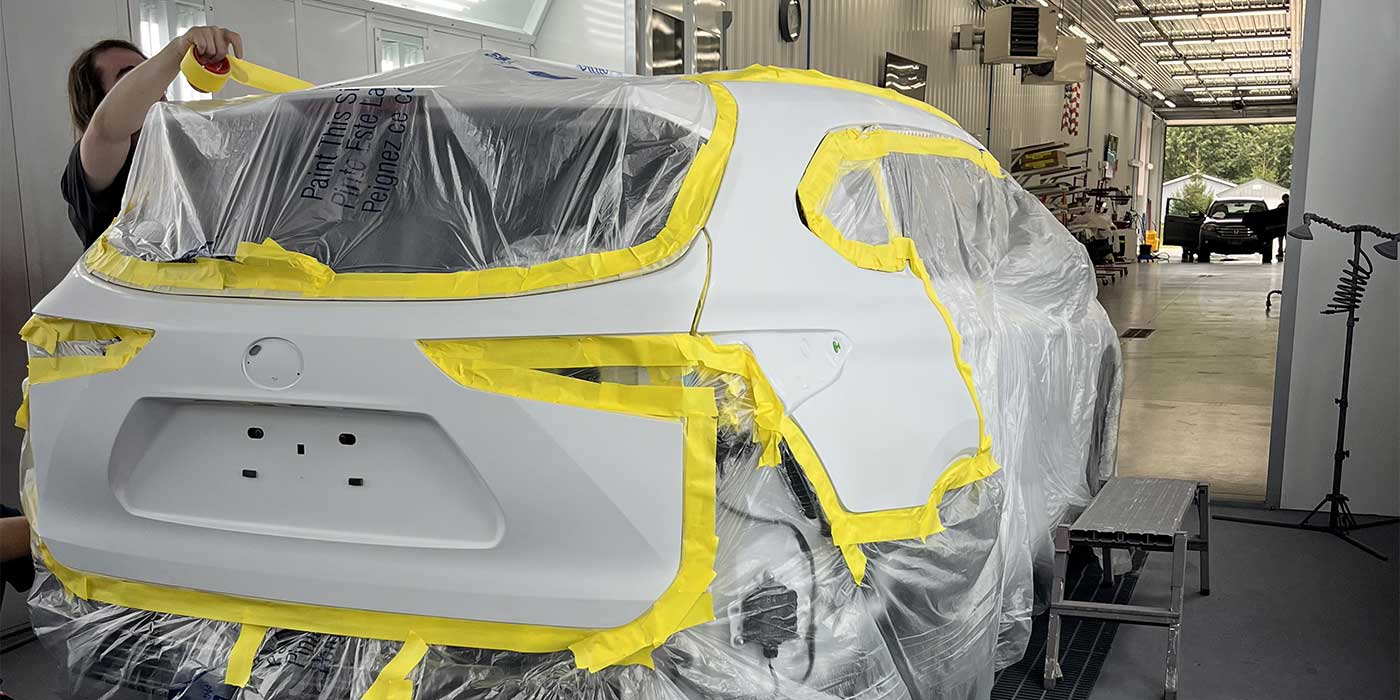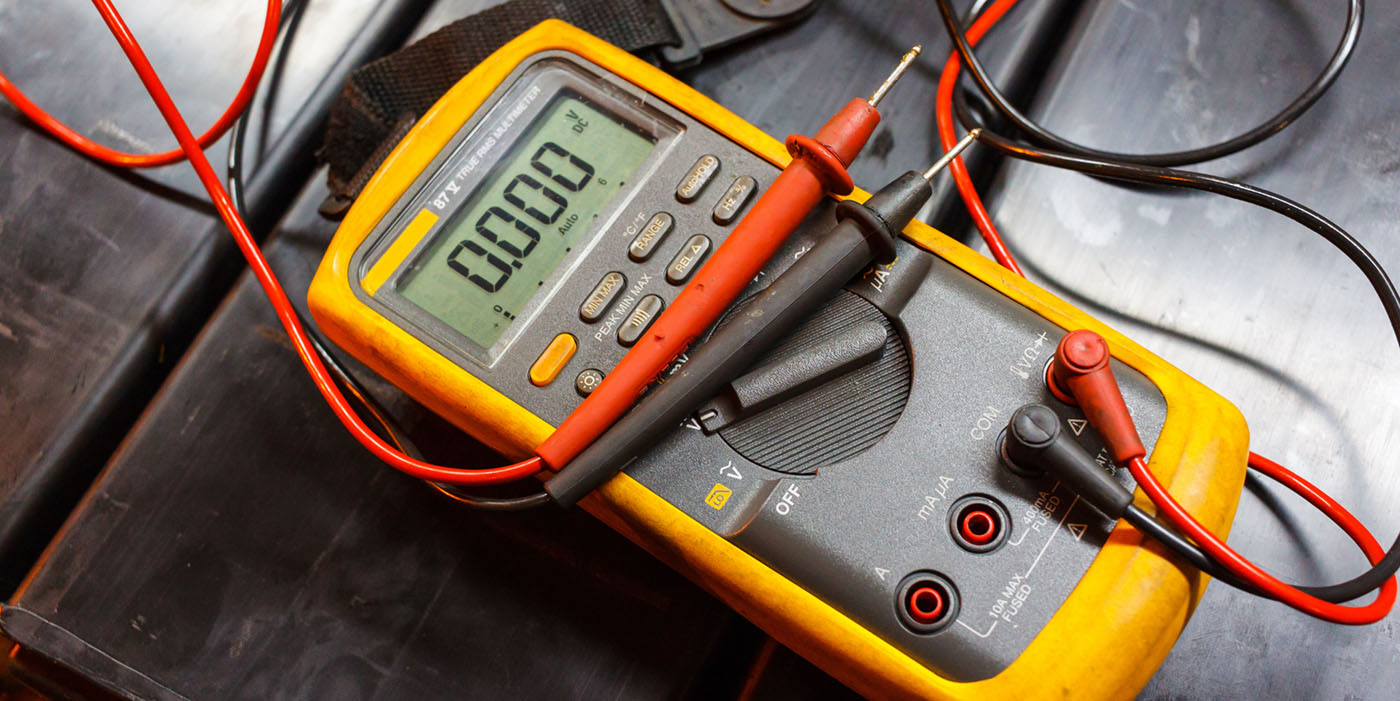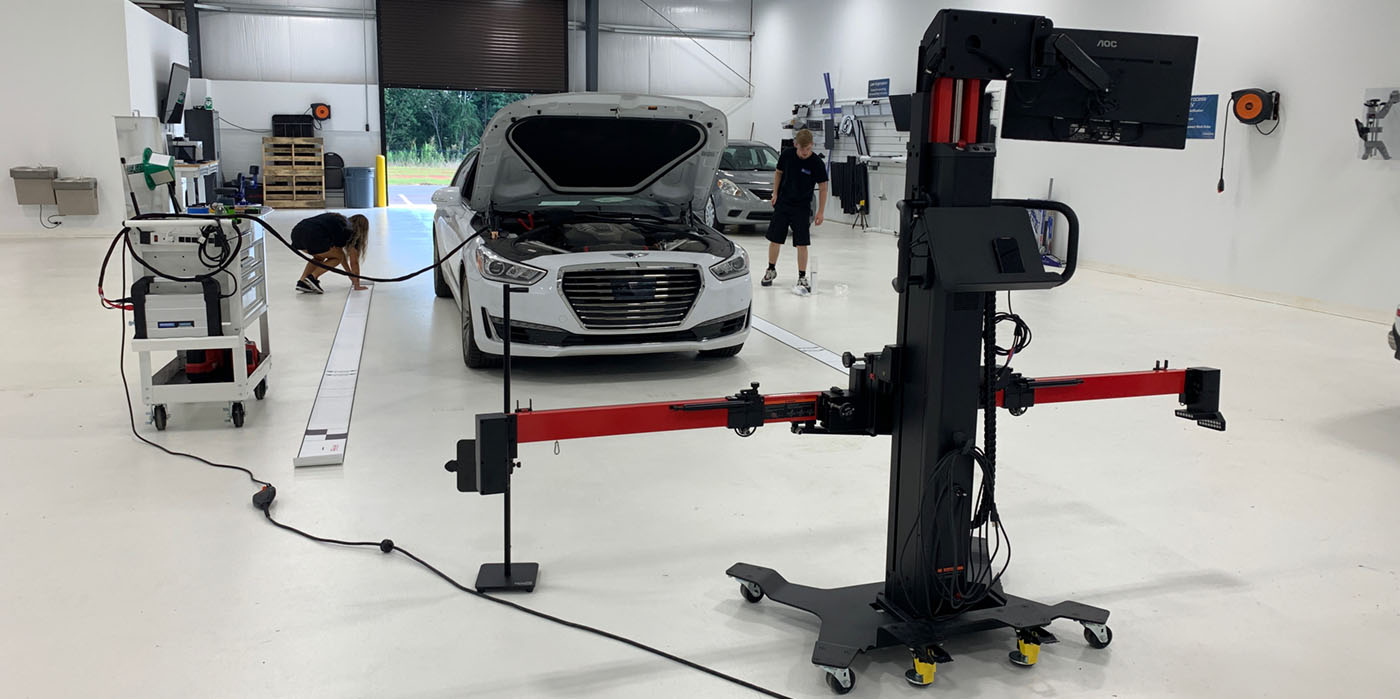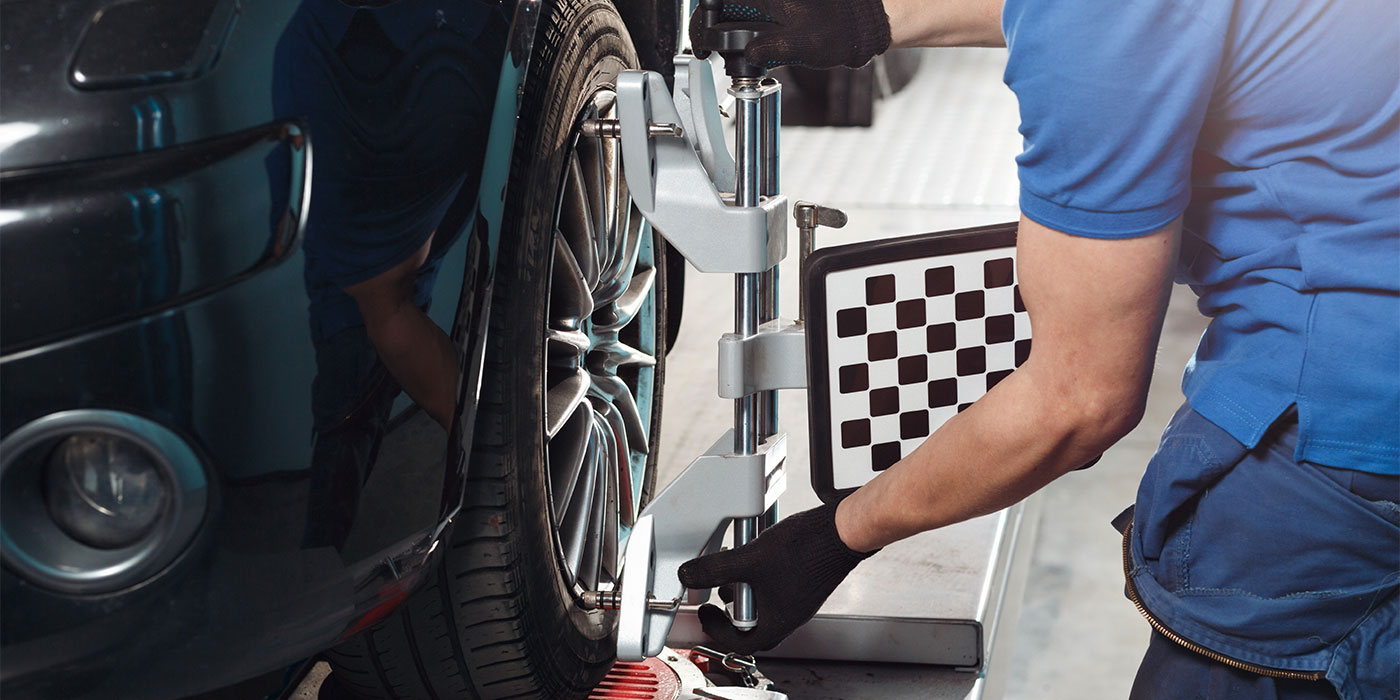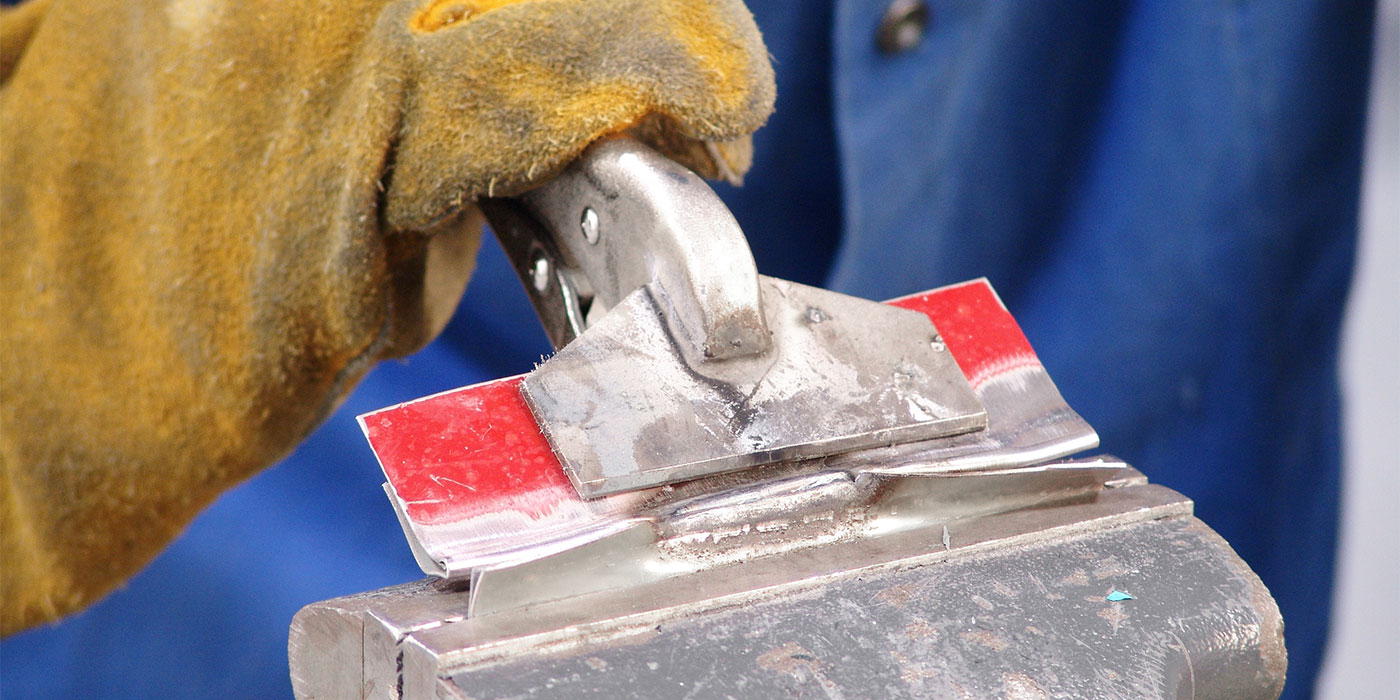;t allow for a leak-checking dye. Understand the manufacturer-specific service procedure to avoid contamination of the system, which could be a costly mistake.
From 2004 to 2009, the Toyota Prius had a coolant storage reservoir mounted outside the left front lower frame rail. This is a double wall canister design-ed to store hot coolant to help the gas engine warm up under certain conditions. In that po-sition, it’s vulnerable to collision damage and is frequently replaced. There are specific procedures needed to properly bleed the system after replacement.
Many hybrids have two separate cooling systems. They may require two different bleeding procedures for proper operation of both.
As part of their drive systems, many of these vehicles have motor generators connected to the drive wheels capable of generating electricity during deceleration and braking.
Motion of the wheels creates an electric current which can be captured to recharge the batteries. That also means that an electric current is generated when the vehicle is pushed or rolled in the shop. To avoid a potential hazard, use wheel dollies to safely move the vehicle.
Dream On
As manufacturers approach that ideal all-electric vehicle that has been dreamed of for almost 180 years, some version of electric propulsion vehicles will be on the road. As their numbers increase, you can be assured of seeing more of these vehicles damaged and in your shop for repairs. Stay educated on the technology, and think safety first.
Jeff Poole is an I-CAR trainer who has been part of the collision repair industry since 1989. Prior to 1989, he gained valuable exposure to the industry through his father, now a retired vocational instructor from Silver Spring, Md. Poole joined the I-CAR team in 1995 and is currently working in the role of performance training coordinator, providing training and support to instructors throughout the United States. 